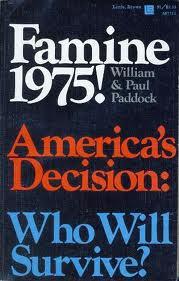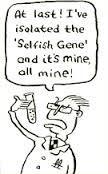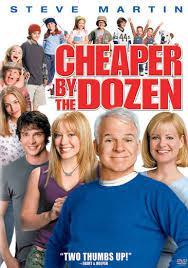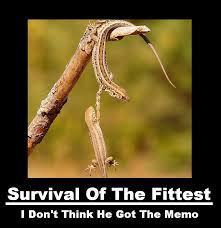 The Economist magazine has discussed the “demographic transition” – as people get richer, they have fewer children. It’s a key reason why Malthus’s famous prediction of population outrunning food supply – as well as latter-day echoes like Paul “Population Bomb” Ehrlich – proved wrong. Population growth has been decelerating; numbers are projected to plateau around mid-century, and fall thereafter. This is largely due to declining poverty; some countries have seen birth rates drop to a fraction of former levels.
The Economist magazine has discussed the “demographic transition” – as people get richer, they have fewer children. It’s a key reason why Malthus’s famous prediction of population outrunning food supply – as well as latter-day echoes like Paul “Population Bomb” Ehrlich – proved wrong. Population growth has been decelerating; numbers are projected to plateau around mid-century, and fall thereafter. This is largely due to declining poverty; some countries have seen birth rates drop to a fraction of former levels.
But The Economist wonders why richer people have fewer kids, which it labels “biologically bonkers,” because normally animal populations in flush environments reproduce more, not less. Noted are two distinct reproductive strategies: “r-selection,” throwing a lot of offspring at the wall hoping some will stick, versus “k-selection,” having fewer offspring but investing heavily in their success. The latter, The Economist points out, may produce fitter descendants, but not more descendants.

The Economists’s suggested answer is that while today r-selection might produce more gene copies, because most offspring survive, the opposite may have been true in the primitive past, in which case k-selection would have better proliferated genes; so evolution programmed us toward that strategy of heavy investment in fewer offspring. In other words, we were bio-engineered for harsh conditions which no longer obtain. Which, somewhat paradoxically, is saving us from the Malthusian trap (by limiting reproduction).
But this doesn’t explain poor people – for whom conditions are still pretty harsh – generally favoring large families. More importantly, it seeks the answer in the wrong place; and this is actually a crucial point for us to understand. While human behavior is heavily influenced by genes, and the corresponding characteristics that evolution bred into us, we are not slaves to our genes. When it comes to behavior, genes give us predispositions, but not ironclad marching orders. Human beings have minds of their own, and other concerns, that can trump genetic predispositions.

Thus it’s simply wrong to seek a biological/evolutionary explanation for the demographic transition. The answer lies instead in sociology and economics.

Note that if poor families do fare better with more children, improving their joint survival, then genes for that behavior should spread (at least among the poor). Yet still, when those people get richer, they can and do ignore such genetic programming.
And that free will aspect is the larger point. Again, we are not like robots programmed by genes or biology; nor, for that matter, are we prisoners of sociology either. Even while all those influences matter, they do not compel us; we can still make our own choices.

